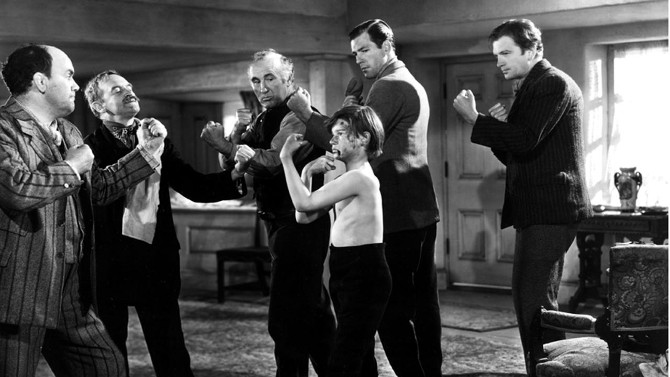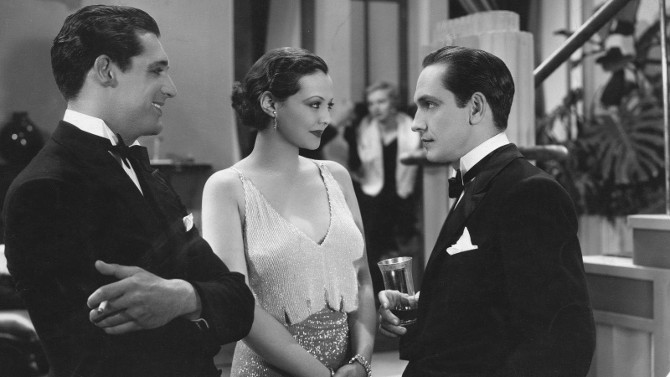
Hell Hath No Fury. . .
In this era of female empowerment, a name from the past that must be highlighted is Dorothy Arzner. Starting as a typist in the film business for director William C. de Mille (the older brother of Cecil), less than a year later, she had worked her way up to screenwriter, soon after, promoted to editor. Editing star Rudolph Valentino’s Blood and Sand, her impressive skill was immediately evident. Continuing to do stellar work, she eventually threatened to move from Paramount to rival Columbia if not given a directorial job, the studio conceding in 1927. The only major female director in Hollywood during its “Golden Age”, she was able to transition from silent films to talkies (the first female director to make one), and, while filming 1929's The Wild Party, is credited with essentially developing the first boom mike – some say it was to help star Clara Bow get over her fear of talking on camera, others to end her frustration of always having to hide a microphone in one spot on set. . . in any case, she had technicians rig a microphone onto a fishing rod, solving the problem (and, though she did not patent the idea, Edmund H. Hansen did one year later, she is credited with its invention).
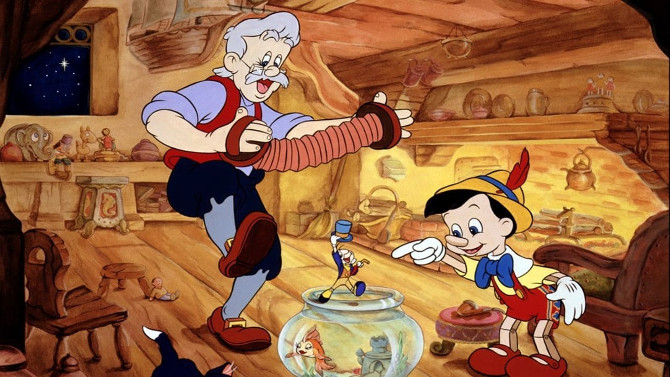
Puppet Master
Only the second feature film to be made by Disney (the first was Snow White and the Seven Dwarfs), Pinocchio, released in 1940, was, shockingly, a failure at the box office (partially due to distribution problems relating to World War II). . . though, after many re-releases, including the highly successful 1945 venture, it flourished. A complex and influential undertaking, it took five sequence directors (Norman Ferguson, T. Lee, Wilfred Jackson, Jack Kinney, and Bill Roberts), two supervising directors (Hamilton Luske and Ben Sharpsteen), and a mind-boggling seven writers (Ted Sears, Otto Englander, Webb Smith, William Cottrell, Joseph Sabo, Erdman Penner, and Aurelius Battaglia), as well as uncredited scribe Bill Peet to bring Carlo Lorenzini’s (better known by nom de plume Carlo Collodi) fairy tale, “The Adventures of Pinocchio”, to life.
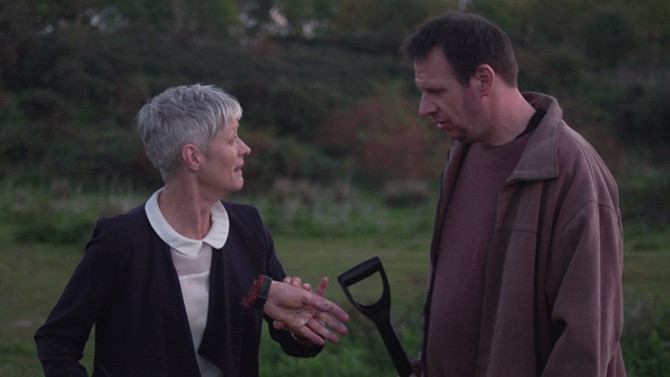
Hand it Over
Don’t you hate when this happens. . . while working outside, you by chance stumble upon a severed hand. It is this absurdist situation that comes to vivid life in writer/director Daniel Harding’s 2016 dark comedy short film The Missing Hand. Right out of the Alfred Hitchcock playbook, think The Trouble With Harry (and, if you do not recall the premise, I’ll let you in on a little secret – Harry’s dead) or Rope, the narrative finds two very different people, Ms. Whitman (Meryl Griffiths) and Trevor (Neil James) walking a plot of land they are thinking of developing. The former – a shrewd, business-driven financier, the latter – an energetic, simple-minded builder; the pair are destined to make a killing on the vacant lot.
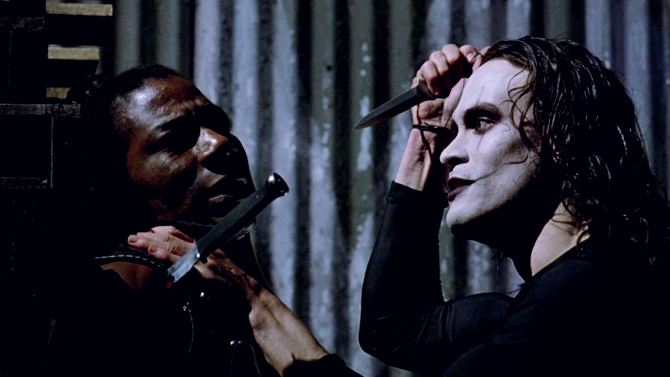
As the Crow Flies
It’s funny how vivid our memories can be – clearly recalling moments from when we were kids. I can remember hearing of actor Brandon (son of Bruce) Lee’s death while shooting a movie, seeing photos of him plastered all over magazines and tv in his now iconic makeup. Making a connection soon after in my mind with Sting (not the singer of The Police, but rather, the wrestler – who soon after Lee’s death modelled his makeup on his character. . . as you can guess, I was into wresting at the time), his look and story stuck with me from the age of six until now, a heartbreaking tale of a fatal mistake made on set. Of course, the film I am referring to is The Crow, directed by Alex Proyas (Dark City) – a tale that is hard to separate from the depressing real life tragedy. Like some sort of eerie foreshadowing, its narrative follows Eric Draven (Lee), a man who has died after being stabbed, shot and thrown out of a window (Lee passed away after being shot by an improperly deactivated cartridge) – all of this after his fiancée has been raped and murdered.
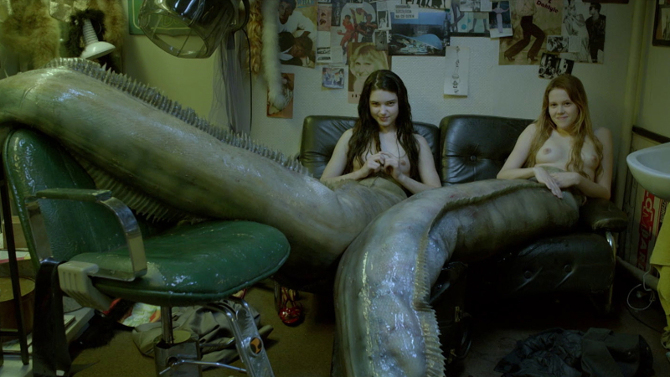
The Mermaids’ Tail
If you’ve ever hoped someone would combine Hans Christian Andersen’s “The Little Mermaid” with touches of David Cronenberg’s psychological sexual thriller Crash (or many of the director’s other iconic horror features) and the quirky colours and music of Willy Wonka & the Chocolate Factory – then you’ve got one interesting imagination. . . and your time is here, as the 2015 Polish horror musical The Lure, directed by Agnieszka Smoczynska, walks this bizarre line. Mesmeric in its colours and direction, some may wonder why make the film a musical. . . though, if you think about it, it makes perfect sense, as these half human/half monster hybrids are like the sirens of Homer’s epic poems, creatures that sing to allure and attract (it gets more gruesome after that) – it is in their essence. Set in Poland in the Communist era 1980s, the story follows mermaid sisters Silver (Marta Mazurek) and Golden (Michalina Olszańska) – they have a yin and yang quality, the former a more compassionate being learning to love, the latter a more violent, dangerous beast – as they make their way into a foreign landscape.
Star Pick with Alex Trebek

Sometimes, you need luck on your side. As you can probably imagine, many of the celebrity interviews I conduct are arranged well in advance. . . though, not always. A prime example of said luck, as I attended a National Hockey League game a few months back, I just happened to bump into the one and only Alex Trebek. A man who definitely does not need an introduction, he has hosted one of the most popular game shows in the history of television – Jeopardy, since its revival in 1984 (when it became a daily syndicated show). . . he has also emceed many others, including High Rollers and Classic Concentration, to name but a few. So popular in fact, Trebek was spoofed for years by Will Ferrell on Saturday Night Live (always the butt end of one of Darrell Hammond’s Sean Connery puns/gags about his mother).

